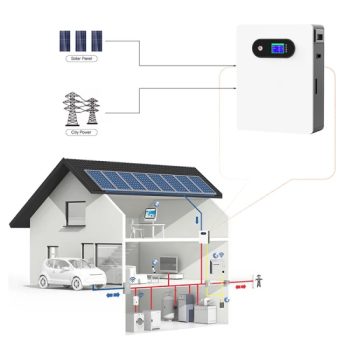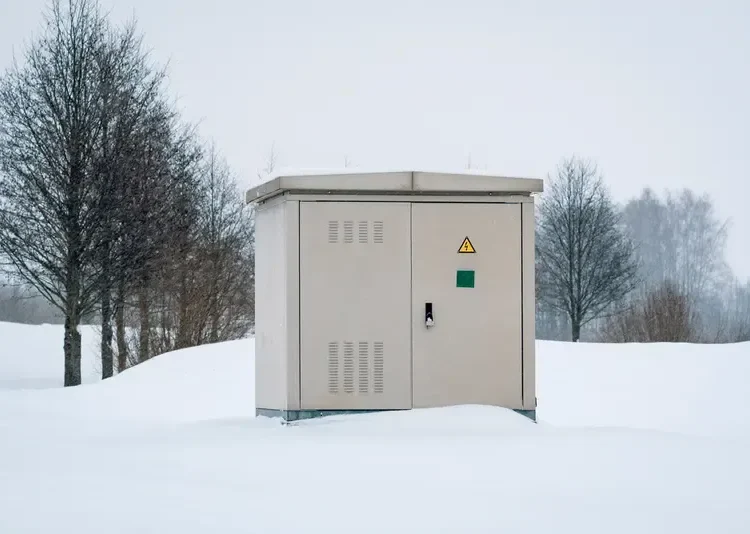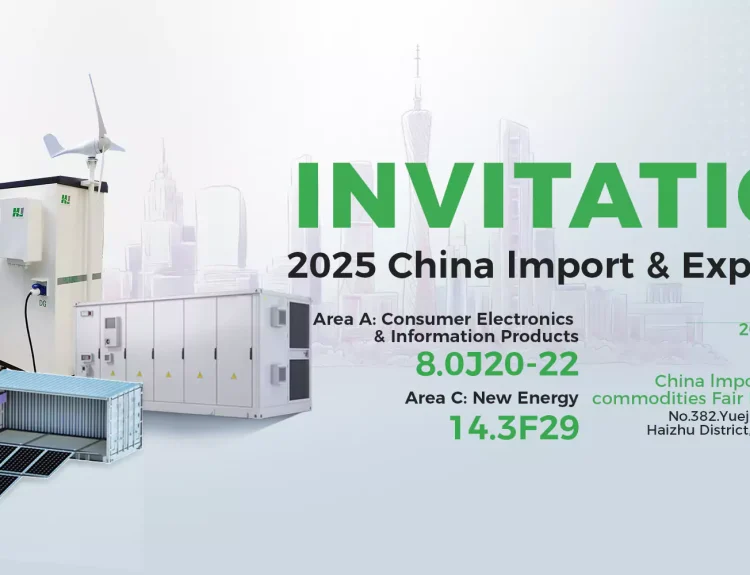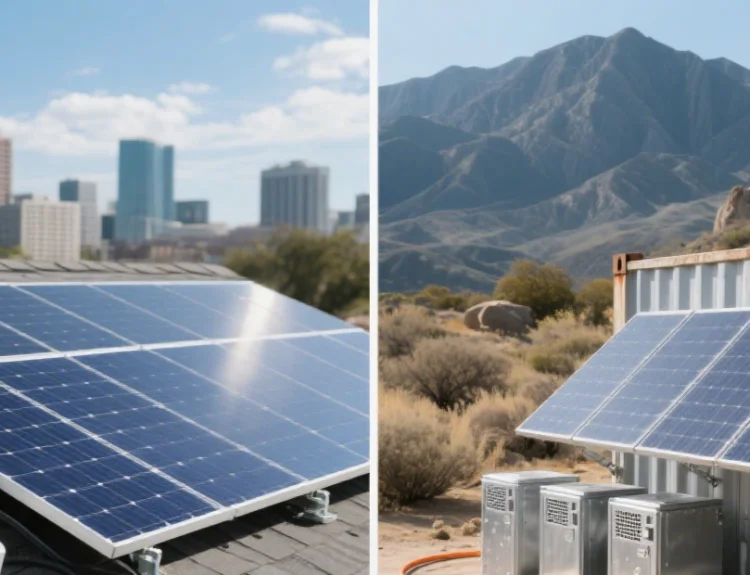Why Addressing BESS Drawbacks Is Critical for Long-Term Solar Performance
Battery Energy Storage Systems (BESS) play a key role in enabling solar projects to operate around the clock. However, energy storage isn’t without its trade-offs. If you’re considering deploying BESS, it’s essential to understand the risks and requirements. At HighJoule, we don’t just supply batteries—we help optimize the full system. Below, we outline key disadvantages and how we approach them with proven technology and practical design.
Cost Remains a Key Barrier for Widespread Storage Adoption
- Initial Investment: Setting up a BESS can cost upwards of $400/kWh when factoring in the battery bank, power electronics, control systems, and cooling components.
- Industry Trends: Although prices are trending downward, current costs still limit adoption in many mid-scale or commercial projects.
- Our Strategy: HighJoule focuses on modular design and lean manufacturing, which helps reduce CAPEX by 15–20%. This makes our systems more accessible to developers working with tighter budgets.
Battery Life Degradation Impacts Long-Term Efficiency
- Degradation Over Time: Standard lithium-based batteries gradually lose storage capacity, often retaining only 70–80% after several years of use.
- Real-World Consequences: This can mean earlier-than-expected replacements or performance drops during peak demand periods.
- HighJoule’s Response: We primarily deploy lithium iron phosphate (LFP) batteries with over 3,000 charge cycles, and our system design includes smart battery management to slow degradation.
Space Requirements Can Be a Limiting Factor
- Physical Footprint: Conventional BESS setups need substantial room, which can be an issue in cities or remote sites with limited land availability.
- Design Limitations: When space is tight, system efficiency must be maximized without compromising energy capacity.
- Our Approach: We’re advancing compact solid-state battery options and offer containerized BESS units designed specifically for rooftop or constrained environments.
Environmental Risks and Safety Protocols Can’t Be Ignored
- Raw Material Sourcing: The mining of key materials like lithium and nickel has environmental and ethical challenges, especially in under-regulated regions.
- Thermal Risks: Battery packs, if improperly monitored or cooled, can lead to overheating and even fire hazards.
- Built-In Safety: We use low-cobalt or cobalt-free chemistries and incorporate active thermal regulation in all our storage systems. Our units are also certified by third-party safety bodies for peace of mind.
Ongoing Maintenance Requires Skilled Oversight
- Technical Complexity: Many BESS systems involve multiple brands of hardware, making diagnostics and service more challenging without vendor-specific knowledge.
- Maintenance Cost: If not properly planned, service and part replacements can significantly increase lifetime operational costs.
- HighJoule’s Maintenance Plan: We offer remote diagnostics, live monitoring dashboards, and optional full-service contracts to ensure smooth operation and prevent unexpected failures.
Moving Forward: Solving BESS Challenges for a Smarter Solar Future
Solar energy isn’t just about panels—it’s about storing power for when you really need it. That’s where BESS comes in, and also where its limitations can’t be ignored. From cost and safety to system design, HighJoule takes a comprehensive approach to help you deploy smarter energy storage that lasts longer and works better. Whether you’re planning a utility-scale project or a decentralized microgrid, our technology is built to adapt.



